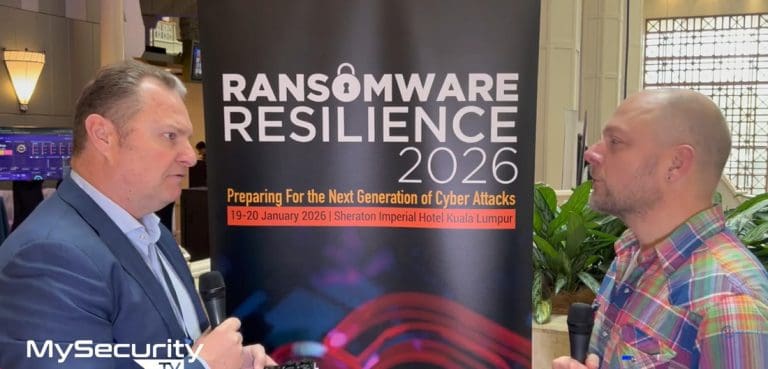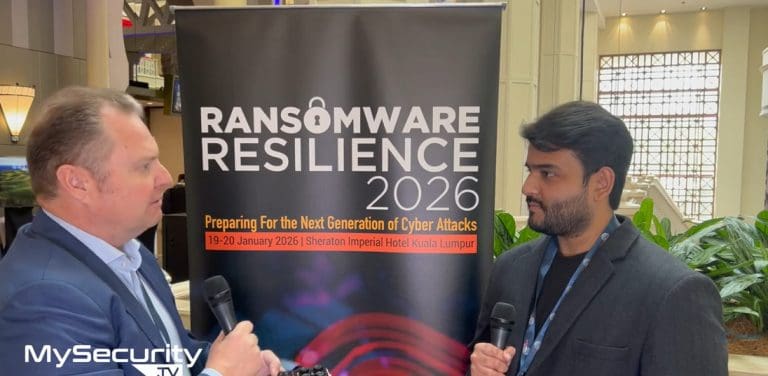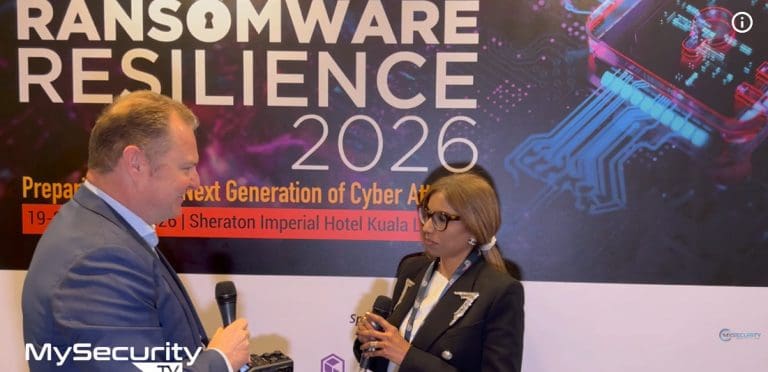We speak with Nigel Phair, Professor – Practise, Department of Software Systems & Cybersecurity with Monash University on the release of the 2023-2030 Australian Cyber Security Strategy.
The relaunched 2023-2030 Australian Cyber Security Strategy will be a “game-changing strategy,” according to O’Neil. She says cybersecurity is Australia’s fastest-growing national security challenge. The updated strategy will see the government invest another AUD600 million into fighting cybercrime, based on the six cyber shields or pillars O’Neil articulated at a cybersecurity conference in Sydney in September.
Professor Phair said, “The Strategy highlights the need for a skilled workforce to solve the cyber security problems of the future. The higher education sector is well placed and stands ready to support the government in this aim.
“Partnerships between academia, business and government will be critical to meeting the goals of the Strategy. A joined-up approach where all three sectors work together is efficient and effective.”
Professor Carsten Rudolph, Department of Software Systems and Cybersecurity, Faculty of Information Technology at Monash University has added, “Support for countries with cyber security incidents is definitely useful and highly welcome. However, in the long-term it will be necessary to support countries in the Pacific region to establish their own sovereign cyber security capabilities.
“A ‘we need to do it for them’ approach will provide support, but also create new dependencies and the clear message from the October 2023 P4C conference in Fiji was that Pacific countries require longer-term commitments that build resilience in a strategic and holistic manner.
“Many countries have gone through comprehensive cyber security reviews, such as the ones delivered by the Oceania Cyber Security Centre OCSC in Melbourne and these countries have developed roadmaps to improve their cyber security maturity.
“Incident response support should be complemented by funding that builds on existing initiatives, reports and should consider the countries’ own roadmaps. Building up capabilities and teams in Pacific countries, for example in collaboration with their national universities, can be one way to establish resources and create local talent. These local experts can then also have perspectives for careers in cyber security in their home countries.”
Further reading
https://australiancybersecuritymagazi…
Link to strategy: https://mysecuritymarketplace.com/rep…





